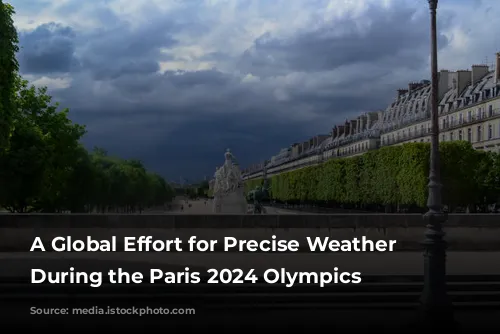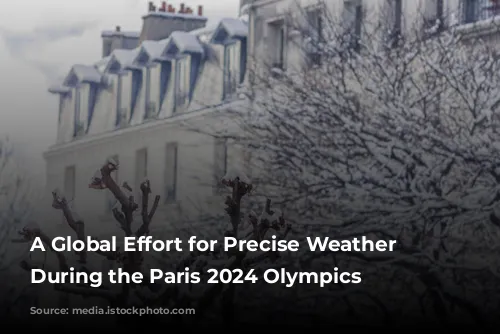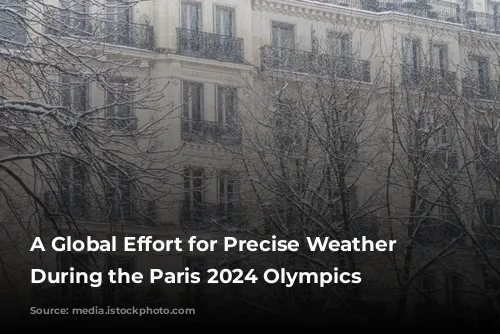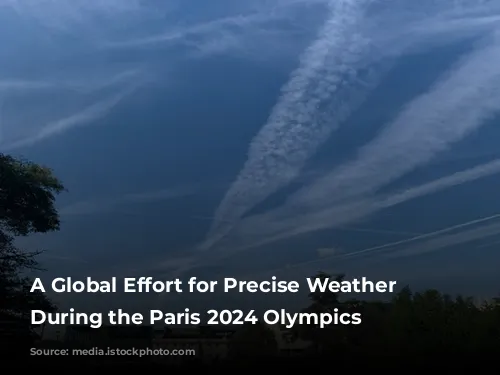Imagine the excitement of the Paris 2024 Summer Olympics! But did you know that behind the scenes, a groundbreaking research demonstration project is underway? This international collaboration, involving meteorological services and universities from around the world, is revolutionizing weather forecasting for major sporting events.
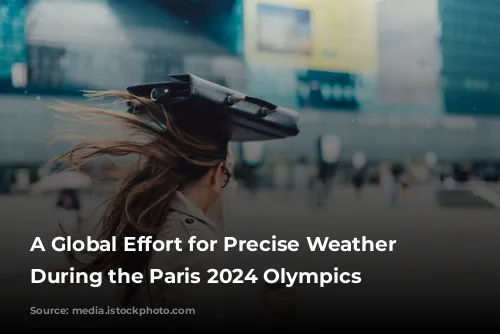
A Worldwide Collaboration for Accurate Forecasts
The project, endorsed by the World Meteorological Organization (WMO), brings together experts from France, Austria, Australia, Canada, China, Sweden, the United Kingdom, and the United States to work in harmony. Their goal? To improve weather forecasts, specifically in urban areas, and ensure the safety and success of the Games.
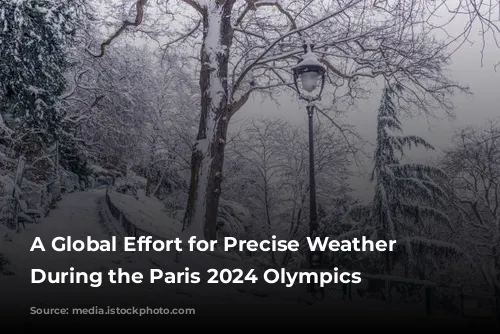
Weather – A Key Factor for Success
Weather is a vital element for any large-scale sporting event. Accurate and reliable forecasts are essential for event scheduling, athlete performance, and safety of athletes, support staff, spectators, and transportation. For example, accurate temperature, humidity, visibility, and wind forecasts can help organizers decide when to hold events and how to prepare for extreme weather conditions.
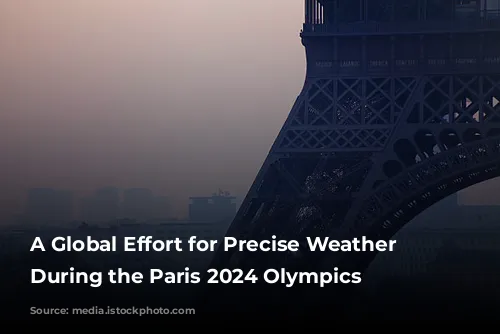
Focusing on Urban Environments
The Paris 2024 research project focuses on dense urban areas like Paris and Marseille, where high-rise buildings and concrete infrastructure pose unique challenges for weather forecasting. These areas are also susceptible to environmental risks such as air pollution, heatwaves, and extreme weather events.
Past Projects and Future Advancements
Previous Olympic research projects, like those in Sydney (2000) and Beijing (2008), focused on thunderstorm nowcasting at a regional scale. However, these models lacked the precision needed for dense urban environments. The Paris 2024 project aims to advance this field, utilizing state-of-the-art technology and high-resolution modeling to capture the complexities of urban weather.
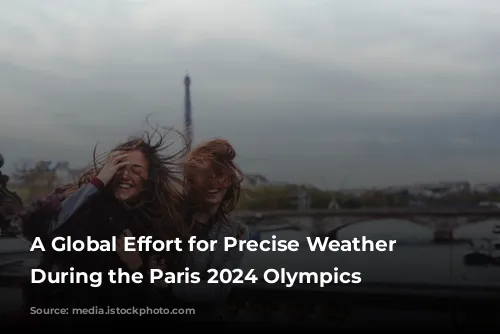
The Paris 2024 Research Project – Five Key Questions
The project is structured around five key research questions:
- Nowcasting & Numerical Weather Prediction in cities at about 100m of resolution: How can we achieve highly accurate, near real-time weather forecasts for urban areas, taking into account the unique challenges of urban environments?
- High-resolution thunderstorm nowcasting (probabilistic and deterministic) in the urban environment, Urban heat islands and cool areas, air quality, in cities: How can we predict thunderstorms, urban heat islands, and air quality with greater precision in urban areas?
- Nowcasting and forecast in coastal cities (for the Marseilles site): How can we improve weather forecasts for coastal cities, specifically for Marseille, which will be hosting some of the Olympic events?
- Big data, non-conventional data, and their uses: How can we leverage new and unconventional data sources, such as satellite imagery and social media, to improve our understanding of urban weather?
- How to deliver tailored weather, climate, environmental information at infra-urban resolution?: How can we make sure that the information we gather is delivered effectively to the people who need it most, including athletes, organizers, and the general public?
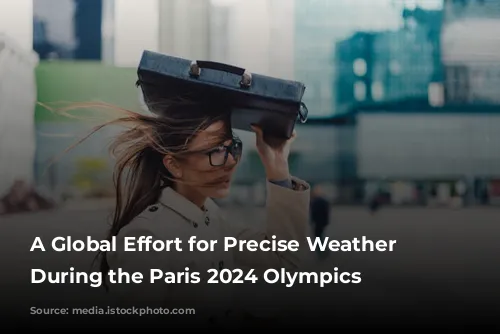
High-resolution Modeling for Urban Weather Forecasts
The project focuses on numerical weather prediction (NWP) models that operate at 100m horizontal resolution. This level of detail allows the models to accurately capture small-scale atmospheric processes and features, such as thunderstorms, fog, urban heat islands, and sea breezes.
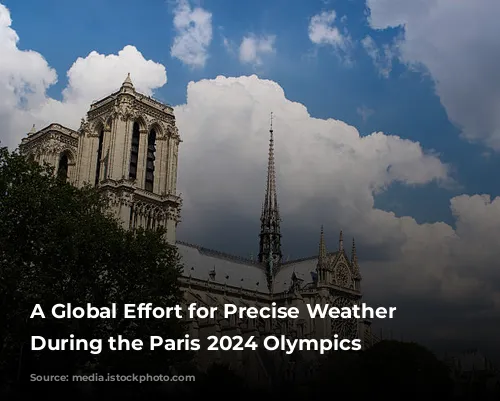
Addressing Air Quality in Urban Environments
Air quality is a major concern in urban areas, where concentrations of pollutants like nitrogen oxides and particulate matter are particularly high. Detailed modeling is needed to estimate the health impacts of these pollutants. While regional models are useful for predicting background concentrations, they cannot account for the local variations in urban areas.
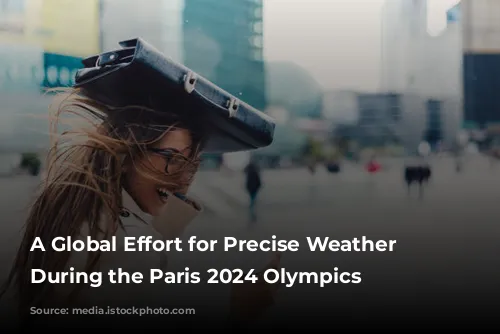
Intercomparison Exercises and Real-time Forecasting
The Paris 2024 project includes intercomparison exercises to evaluate different models and real-time forecasting to provide timely weather information during the Olympics and Paralympics. The goal is to understand the strengths and limitations of different models and to improve the accuracy of weather forecasts for urban environments.
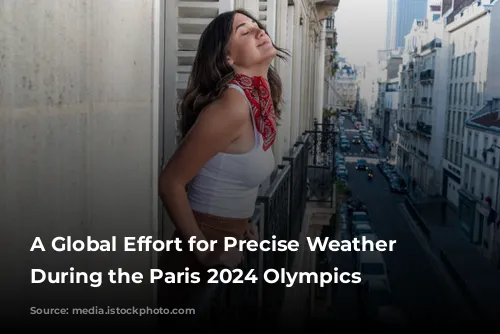
Understanding the Impact of Forecasts on Decision Making
The project also includes a social science study to understand how forecasts are used by decision makers. This study will help to improve communication between forecasters and decision makers and ensure that weather information is delivered effectively.
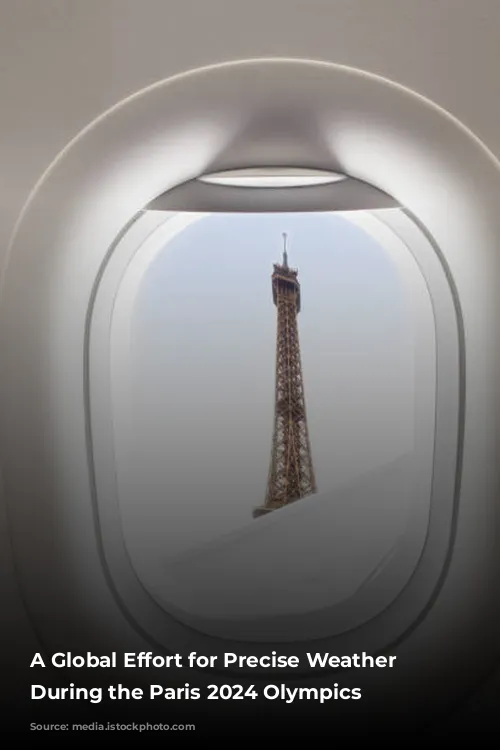
A Legacy of Innovation
The Paris 2024 research demonstration project is a monumental effort to advance urban meteorology and improve weather forecasting for major events. The findings of this project will have a lasting impact on the field of meteorology, helping to ensure the safety and success of future sporting events and providing valuable insights into the complex weather patterns of urban environments.
